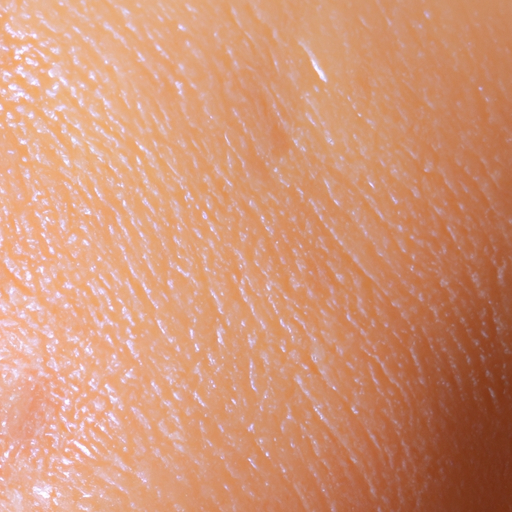As a medical professional, I have encountered countless patients struggling with oily skin. This common skin type is characterized by an overproduction of sebum—an oily substance produced by your skin’s sebaceous glands. While sebum is essential for keeping your skin healthy and hydrated, too much can lead to clogged pores, acne, and an unwanted shiny complexion. However, the good news is that oily skin can be managed and even healed naturally. Here is a guide to unmasking the radiance beneath your oily skin.
Firstly, it’s important to understand that oily skin isn’t necessarily a bad thing. In fact, those with oily skin tend to age slower as the extra oil helps to keep the skin plump and less prone to wrinkles. However, the key lies in maintaining a balance and ensuring that the oil production does not become excessive.
One of the most effective natural remedies for oily skin is the use of aloe vera. This plant is known for its soothing and anti-inflammatory properties. It can help reduce the oiliness of your skin without stripping it of its natural moisture. Apply a thin layer of aloe vera gel (preferably fresh from the plant) on your face before bedtime and rinse it off in the morning.
Another powerful natural ingredient is honey. It’s not only antibacterial—great for acne-prone skin—but it also helps to balance the skin’s pH levels and unclog pores. Applying a thin layer of raw, organic honey on your face for about 10 minutes can do wonders for reducing oiliness and enhancing your skin’s natural glow.
Diet also plays a significant role in managing oily skin. Consuming foods rich in omega-3 fatty acids such as fish, walnuts, and flaxseeds can help regulate oil production and maintain skin health. Additionally, staying hydrated is crucial. Drinking plenty of water ensures that your skin remains hydrated from within, reducing the need for your skin to produce excess oil.
Regular exercise is another natural way to control oily skin. Sweating helps to flush out the toxins and unclog your pores, reducing the oiliness. However, remember to cleanse your face after a workout to prevent the sweat and toxins from settling back into your skin.
Lastly, despite the common misconception, moisturizing is essential for oily skin. Skipping this step can actually lead to increased oil production as your skin tries to compensate for the lack of moisture. Opt for oil-free, non-comedogenic moisturizers that hydrate your skin without clogging your pores.
In conclusion, while dealing with oily skin can be challenging, it’s not impossible. By incorporating these natural remedies and lifestyle changes into your routine, you can manage your oily skin effectively. Remember, the goal isn’t to eliminate all oil from your skin but to maintain a healthy balance. With patience and consistency, you can unmask the natural radiance beneath your oily skin.



